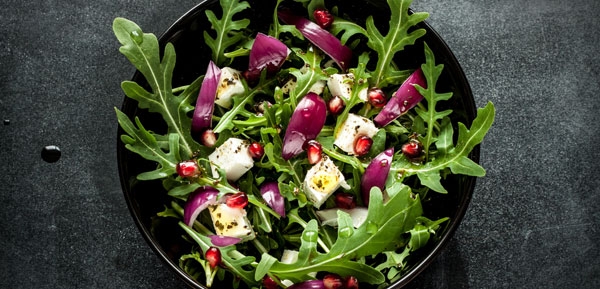Be careful while planning your daily menu, as food choices may aggravate the sinus infection. Here are some useful diet tips for controlling and healing the infection.
- Eat small frequent meals.
- Avoid even second-hand smoke.
- Use olive oil for cooking, as the oil keeps your intestine healthy and fit.
- Add brown rice and other whole grains to your meals.
- Eat lots of steamed and raw vegetables, including onions and cayenne pepper, and some fruits. One of the studies suggests that bromelain present in pineapple may heal the sinus infection. Anti-inflammatory properties of bromelain reduce swelling and inflammation.
- Fresh vegetable juices, herbal teas, soups and other hot liquids will keep your body hydrated. Adequate fluid intake regulates mucus flow and helps in relieving sinus pressure and congestion.
- Do not eat fast, junk and refined foods like white rice, white flour, soft drinks and sugar. Yeast, gluten and sugar substitutes present in biscuits, cakes, chocolate candies, cupcakes, doughnuts and frosting may cause sinus related problems.
- Dairy products form thick mucus, so avoid dairy products. However, you may use yogurt made from sheep and goats’ milk. People suffering from chronic sinus infections may avoid dairy produce.
- Use rice milk instead of dairy products. Soy products fortified with calcium will protect against sinus infection.
- Identify materials and products that cause allergies to you. Find out the foods for which you have poor tolerance level. A blood test may help in identifying both allergies and food intolerances. Yeast, eggs, citrus fruits, dairy and wheat are common source of allergies.
- You may take nutrition supplements after consulting a qualified dietician.
- Food items rich in vitamin C have antioxidant properties. Dark green leafy vegetables, grapes and citrus fruits are good source of vitamin C. Foods those are rich in vitamin A helps in preventing common cold, flu, sore throat and other respiratory disorders. Pumpkins and carrots are rich in vitamin A. Horseradish, garlic and onion facilitate reduction of inflammation and keep respiratory channels free of obstructions.
- The plant pigment quercetin, an antihistamine, gives color to foods like berries, beets, celery, apples, apricots and Brussels’ sprouts. Antihistamine properties of the food help in reducing the sinuses’ inflammation.
- Sinusitis patients doing an antibiotics course may eat yogurt, as it has probiotic lactobacillus that prevents and reduces symptoms of sinus.
- Avoid spicy foods, as they create problems related to the throat, nose and ears. According to a theory, stomach acid’s regurgitation causes inflammation and irritation in the nasopharyngeal region. The inflammation blocks the drainage pathways, a symptom of sinusitis.






